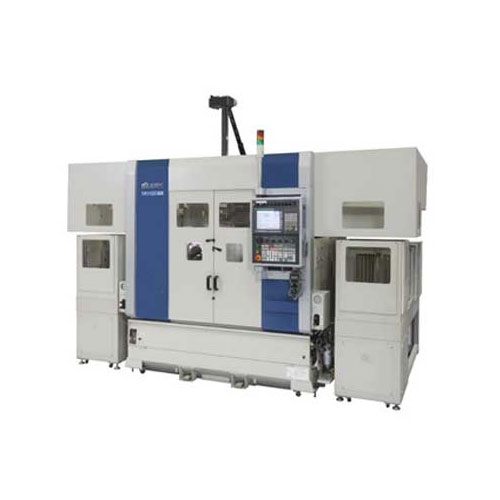Schedule a Call Back
How is digitalization improving pharmaceutical manufacturing?
 Articles
Articles- Nov 24,21

Related Stories

Aimtron Electronics Enters OEM Engagement with Climate-Tech Firm Aurassure
Aimtron Electronics has partnered with climate-tech company Aurassure to manufacture IoT-enabled environmental monitoring systems supporting real-time, hyperlocal climate and air-quality intelligenc..
Read more
Is your facility ready to handle the energy demands of full automation?
As warehouses scale AI-driven automation, energy demand is emerging as a critical constraint alongside productivity gains. Strategic power planning is now essential, writes Emily Newton.
Read more
Schaeffler Appoints Maximilian Fiedler as Regional CEO Asia/Pacific
Schaeffler has appointed Maximilian Fiedler as Regional CEO Asia/Pacific, effective 1 January 2026, with a seat on the Group Executive Board representing the region.
Read moreRelated Products

Compact Fmc - Motorum 3048tg With Fs2512
Meiban Engineering Technologies Pvt Ltd offers a wide range of Compact FMC - Motorum 3048TG with FS2512.

Digital Colony Counter
Rising Sun Enterprises supplies digital colony counter.
Robotic Welding SPM
Primo Automation Systems Pvt. Ltd. manufactures, supplies and exports robotic welding SPM.
















